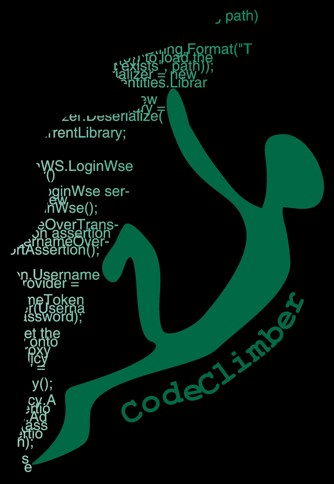It's a while I'm not writing on my blog, but I feel the time has come to post a small "career" update, and given the new position I'll hopefully continue posting on a more regular basis.
A bit more than 9 years ago I joined the Council of European Union as Lead Architect in the team working on the public web sites of the Council.
And these have been 9 amazing years.
We've launched the revamped version of the public website based on Umbraco (actually we also launched another version, based on another CMS, but that's another story), and all the customizations needed also made more involved into the Umbraco community, and started getting me into translation technologies, like XLIFF. I discussed all of these topics in a talk at Codegarden 17, titled Fast and furious(ly) multilingual: Publishing of EU politics in 24 languages with Umbraco.
We've also launched another Umbraco based website, the video portal of the Council: TvNewsroom. This is also 100% running on Azure, making use of various cloud-native components, including Computer Vision for automatic some part of the publishing workflow.
What started as small technological island in our team, has now spread across the whole IT department: Umbraco has become the product of choice for building CMS-based projects (and we already have 3 additional projects running in production, even on the "headless" flavour, and more are coming in the future), Azure is starting to be adopted more and more, and XML-based export of translation is going to be implemented not only for translating the pages of the website but also for the "real deal", which is official legislative documents.
So, starting from last month (exactly 9 years after my start at the Council), I've joined the Development Architecture team, reporting directly to the Head of Unit of the Design and Development Unit. Here I'll oversee all Umbraco projects (avoiding other teams implement it "wrong"), will experiment with Umbraco v8 and how to migrate to the new version, I will make sure all teams know what Azure has to offer, and use it properly, and I will contribute to adoption of XLIFF across all document production.
There will be less (or no) product development, which sometimes gets a bit boring now that we entered a more stable phase of the project, but there will be more experimentation of new features and technologies, and services. And the new position will force me to stay more up to date with what is happening.
So, fun times ahead.
